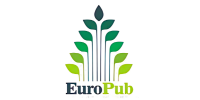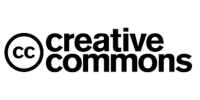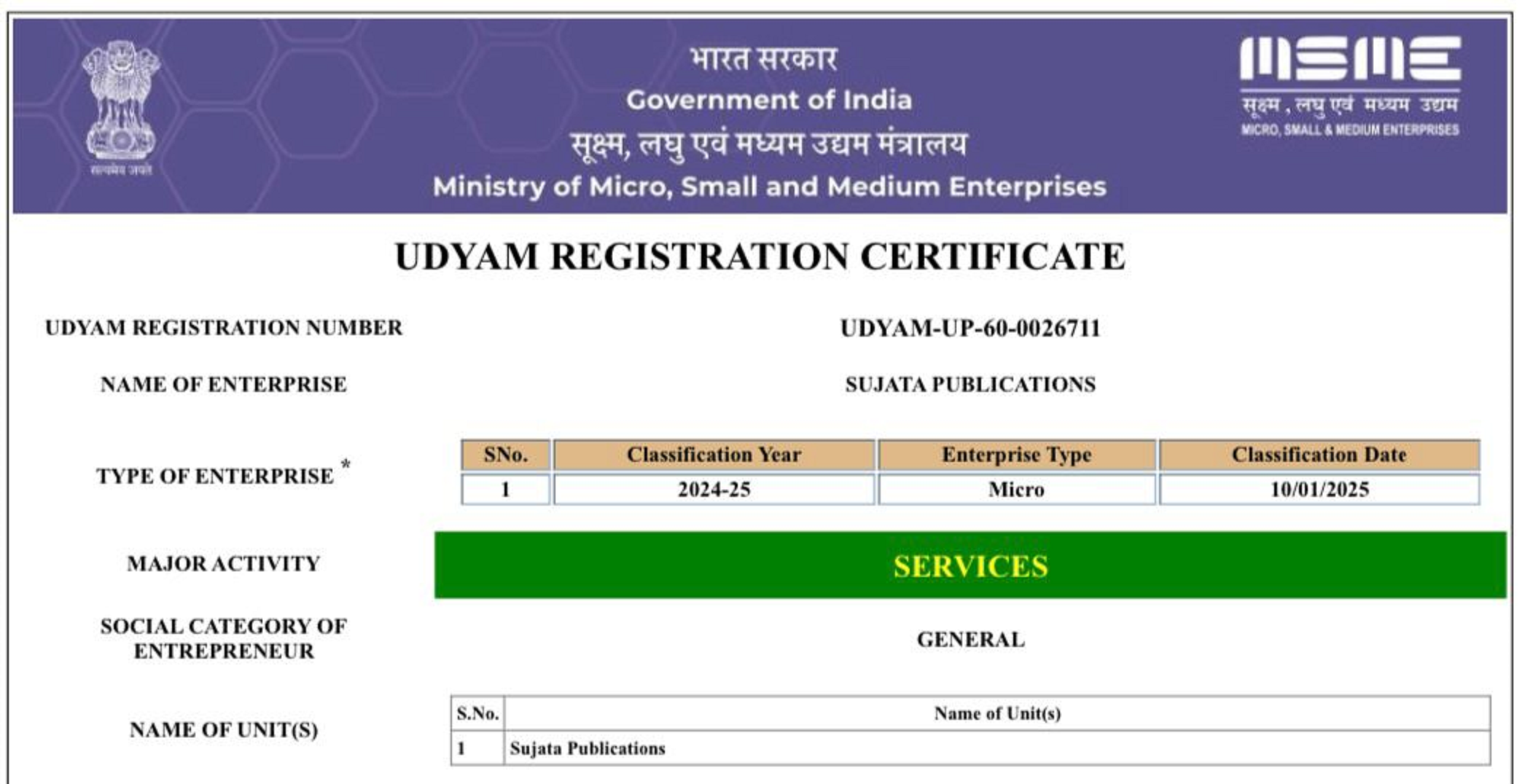Regulatory Challenges in Cosmeceuticals: The need for Comprehensive Harmonized Guidelines
DOI:
https://doi.org/10.62896/ijpdd.2.5.04Keywords:
Cosmeceuticals, Regulatory Framework, Cosmetic Safety, Pharmaceutical Regulations, Quality Control, Consumer Protection, Global Standardization, Product Efficacy, Dermatological Safety, Market RegulationAbstract
Cosmeceuticals, which is considered at the intersection of cosmetics and pharmaceuticals, have experienced significant growth worldwide in recent years. These products are formulated with biologically active ingredients that offer both aesthetic and therapeutic benefits, including anti-aging properties, pigmentation control, acne treatment, and skin rejuvenation. However, despite their increasing popularity, regulatory oversight of cosmeceuticals remains inconsistent and unclear in various regions. Unlike pharmaceuticals, cosmeceuticals are often marketed without rigorous clinical trials or regulatory assessments, even when they make functional or therapeutic claims. This regulatory ambiguity presents challenges in terms of consumer safety, product effectiveness, quality control, and accurate labeling.
In many countries, cosmeceuticals are still regulated as general cosmetics, resulting in minimal scrutiny of the bioactive ingredients they contain. This has led to potential health risks, misleading advertising, product contamination, and a lack of standardized testing procedures. As a result, the credibility of the cosmeceutical industry is at stake, particularly in the absence of a unified global regulatory framework. This review aims to examine the current regulatory approaches in major markets such as the United States, European Union, India, Japan, China, and Canada, while exploring the discrepancies between these regions.
Furthermore, the article emphasizes the need for stricter quality control measures, the importance of scientifically supported claims, and the incorporation of ethical considerations and new research into future regulations. Establishing an internationally accepted regulatory framework will enhance transparency, safeguard consumers, and encourage innovation in the cosmeceutical industry, ultimately benefiting both public health and the industry's reputation.
Downloads
Published
Issue
Section
License
Copyright (c) 2025 Sujata Publications

This work is licensed under a Creative Commons Attribution-NonCommercial 4.0 International License.
















